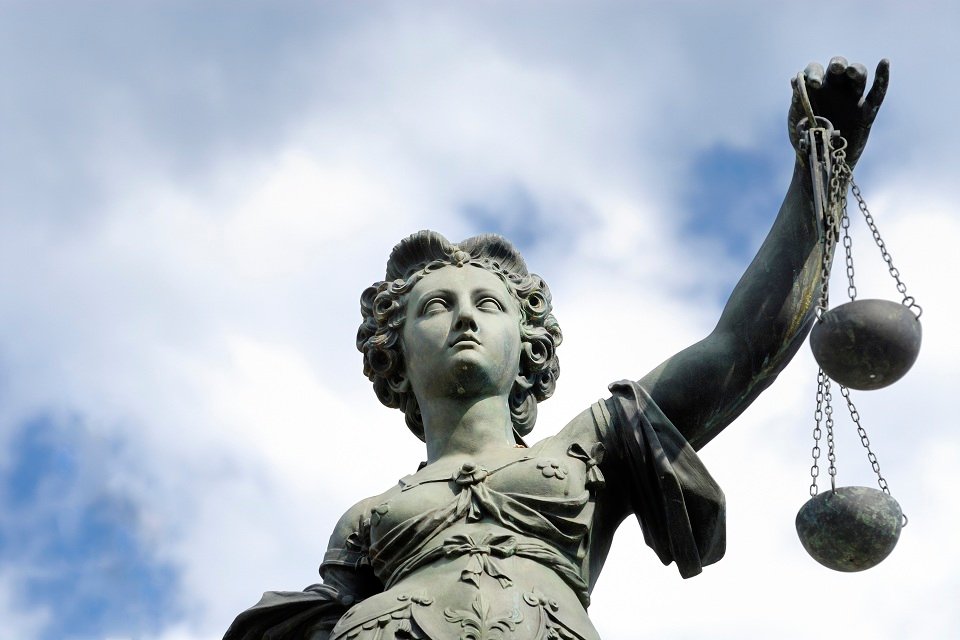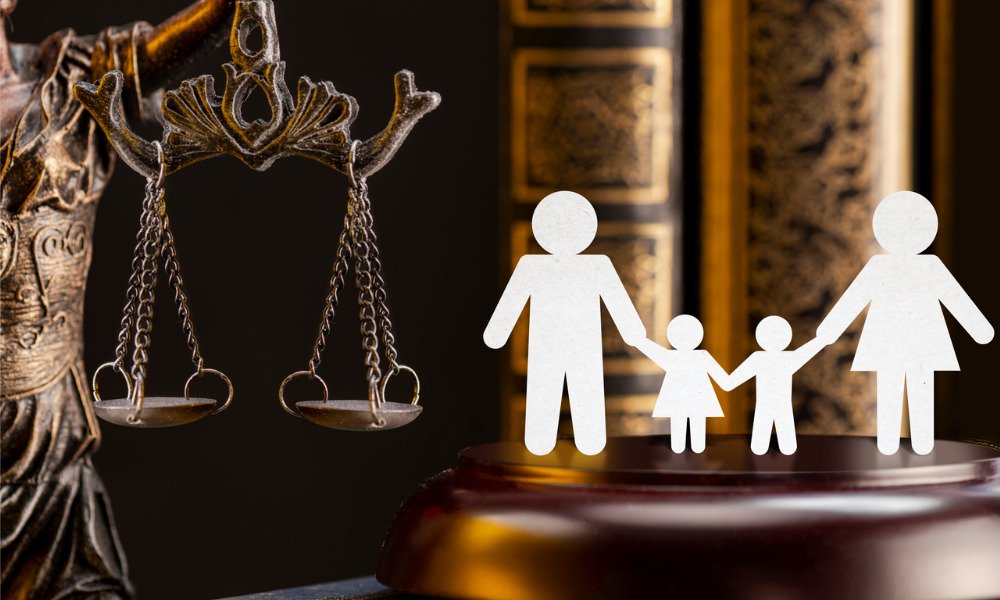
Introduction
In the heart of West Africa lies a nation that stands as a beacon of democracy and stability – Ghana. One of the key pillars supporting this stability is the effective implementation of the rule of law. The rule of law is the cornerstone of any thriving democracy, ensuring that every citizen is treated fairly, justice is accessible, and institutions function transparently. In this blog post, we will delve into Ghana’s commitment to upholding the rule of law and the strides the country has taken in implementing this crucial principle.
Foundations of the Rule of Law in Ghana
Ghana gained independence from British colonial rule in 1957, and since then, the country has made significant progress in establishing a legal framework that upholds the rule of law. The 1992 Constitution of Ghana is a testament to this commitment, providing a solid foundation for democratic governance and the protection of human rights.
Key Components of Ghana’s Rule of Law Implementation:
- Independent Judiciary: Ghana boasts an independent judiciary that plays a pivotal role in upholding the rule of law. The judiciary acts as a check on the powers of the executive and legislative branches, ensuring that decisions are made based on the law and not influenced by political considerations.
- Respect for Human Rights: The Ghanaian government places a strong emphasis on protecting and promoting human rights. Through various legislative measures and institutions like the Commission on Human Rights and Administrative Justice (CHRAJ), the country actively addresses issues related to discrimination, police brutality, and other human rights violations.
- Anti-Corruption Measures: Ghana has implemented measures to combat corruption, recognizing its corrosive impact on the rule of law. The establishment of the Office of the Special Prosecutor and the passage of the Right to Information Act are notable steps towards enhancing transparency and accountability in both public and private sectors.
- Accessible Legal System: A well-functioning legal system is essential for the rule of law to prevail. Ghana has made efforts to make justice more accessible to its citizens, with the provision of legal aid services and the establishment of alternative dispute resolution mechanisms.
Challenges and Future Prospects:
While Ghana has made commendable progress in implementing the rule of law, challenges persist. Issues such as delays in the justice system, occasional political interference, and resource constraints in rural areas continue to be areas of concern. However, the commitment of the Ghanaian government to address these challenges and strengthen the rule of law remains steadfast.
In conclusion, Ghana stands as a model for rule of law implementation in the West African region. The country’s commitment to democracy, human rights, and anti-corruption measures positions it as a leader on the continent. As Ghana continues to navigate the complexities of a rapidly changing world, its dedication to upholding the rule of law will undoubtedly play a pivotal role in sustaining its democratic achievements.



